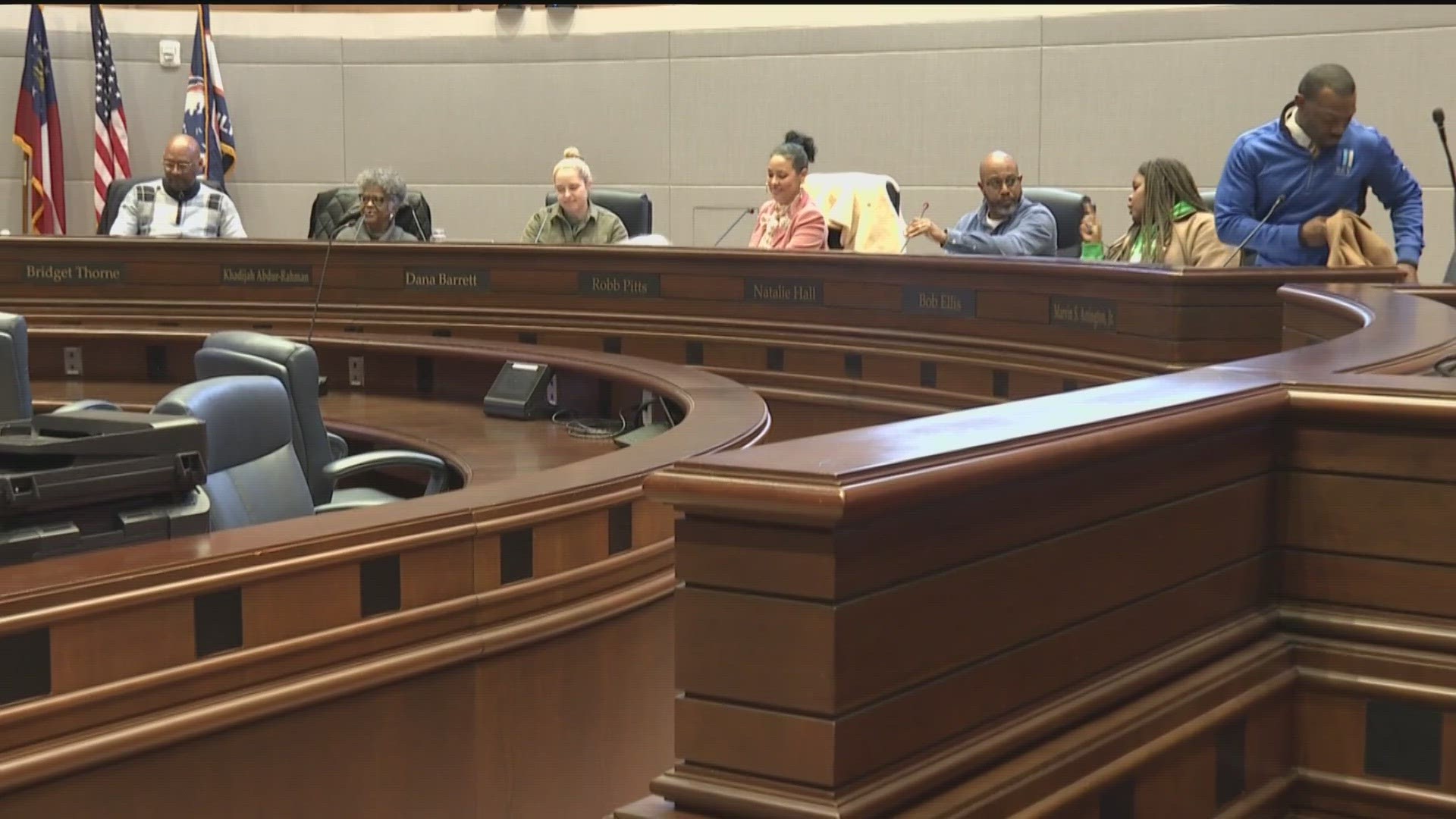ATLANTA — The Fulton County Task Force on Reparations received the results on Thursday of groundbreaking research that is beginning to track every penny from all the money that the county government took in from slavery, and from decades of injustices since.
The documentation will be part of a report from the Task Force recommending whether the Fulton County Commission should pay reparations in some form, now.
At the Task Force meeting Thursday night at the Fulton County Government Center, three genealogical researchers reported that, so far, they have identified, through census and county records, every single slave owner and every single enslaved person in Fulton County, beginning in the 1850s when the county was created.
Researcher Christopher Smothers described the findings as “heartbreaking.”
“I was able to see the direct revenue and profits that they (the slave owners in Fulton County) made every single year,” Smothers said, “and how much they were paying in taxes every single year on each enslaved person.”
The Task Force Chair, Dr. Karcheik Sims-Alvarado, said that that’s the type of documentation that will ultimately help the county decide how much Fulton County government profited from slavery.
“So there was a benefit to the county for having individuals enslaved,” Dr. Sims-Alvarado said, “and we need to know what is that value. And we will also begin to see how Fulton County is part of the slavocracy.”
It was one year ago when the Fulton County Commission voted to spend $250,000 so the Task Force on Reparations could study the issue and come up with recommendations on whether the county government should pay reparations -- not only for profiting from slavery, but also, for example, for wrongfully seizing property from Black residents over the decades.
One of the land grabs the Task Force is studying involves what used to be a thriving, Black residential neighborhood in Buckhead (now part of the City of Atlanta) that has since been renamed Bagley Park, on Pharr Road, NE. More than 70 years ago, Fulton County forced the residents out because white residents at the time simply didn’t want them near their own neighborhoods.
“Atonement is very important,” Sims-Alvarado said. She and Vice Chair Marcus Coleman said that possible reparations from the county might not be cash, but it’s too soon for the Task Force to know.
“It can come in many forms,” Sims-Alvarado said. “It can come in the form of education, land, support of culture institutions. But it’s important for us to see what the descendants of the enslaved living in Fulton County are rightfully entitled to.”
“Research is data,” Coleman said, “research is numbers, and research is truth.”
The Task Force is scheduled to come up with recommendations for the County Commission by October.

